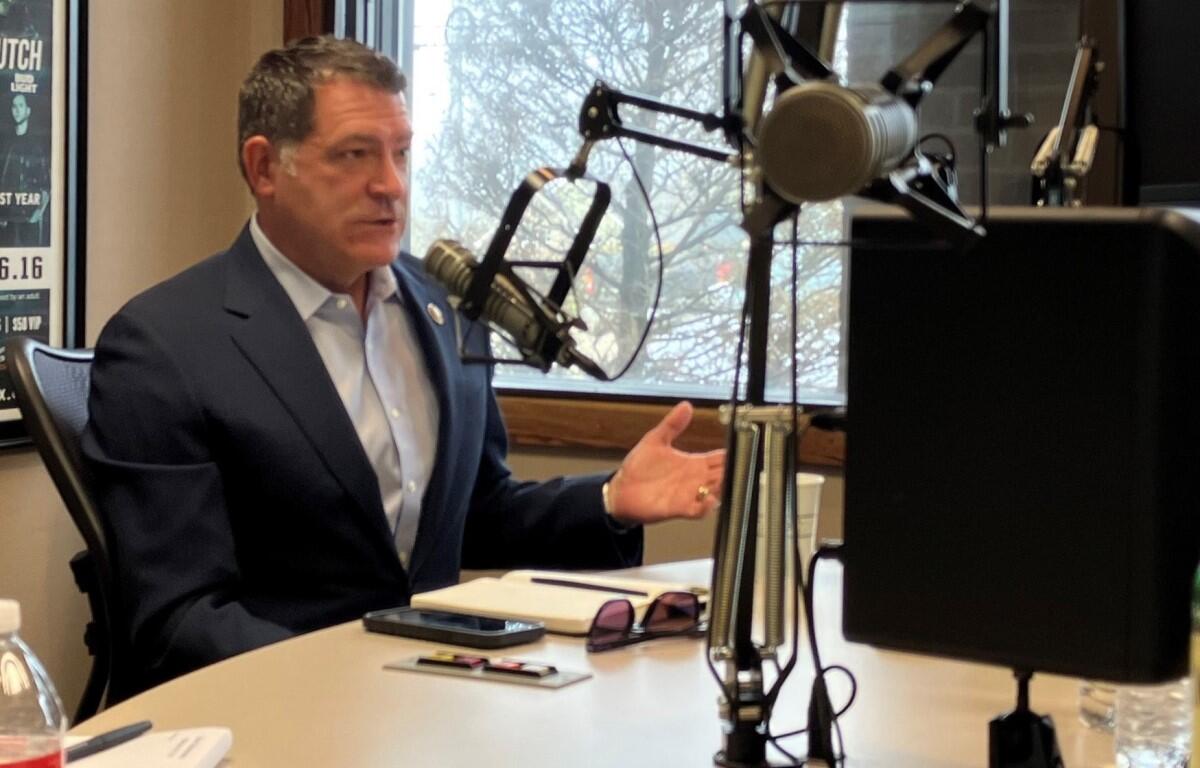Clarksville Now publishes opinion pieces representing both sides of a variety of topics. Opinions presented do not necessarily reflect those of the newsroom or management. To join the conversation, email your opinion piece to news@clarksvillenow.com.
Contributed commentary by Rep. Mark Green on bill to clean up Medicare prior authorization rules:
I will never forget the terrifying moment my doctor told me I had cancer. Those words hit you like a freight train. Yet, because I got screened and treated in time, I am now nine years cancer-free. I want others to have this same chance at surviving this devastating disease. Yet prior authorization can be a roadblock that costs lives.
According to the American Medical Association, 23% of physicians report that prior authorization has led to a patient’s hospitalization, while 18% report that it has led to a life-threatening event. In the same 2024 survey, 94% of physicians believed that prior authorization requirements negatively impacted patient care.
As a physician and a survivor of both colon and thyroid cancer, I know how critical it is to start treatment as soon as possible. Doctors need to be able to make fast, life-saving decisions without a jungle of red tape to cut through.
Americans don’t want bureaucrats sitting in on their doctor’s appointments, and they don’t want them to determine their treatment plans. Burdensome regulations keeping patients from accessing life-saving treatment, like colonoscopies, is not only inconvenient but life-threatening. Oftentimes, patients enter into timely and complicated prior authorizations and, through frustration, simply abandon treatment altogether.
Prior authorization also contributes to physician burnout. Our country is about to face a major physician shortage. The Health Resources and Services Administration (HRSA) projected a shortfall of over 187,000 physicians starting in 2037. In fact, 31 out of 35 physician specialties are projected to suffer from this shortfall. Too many physicians suffer from burnout, and a large part of the problem is paperwork burdens. According to the American Medical Association, physicians and their staff spend an average of 16 hours a week on prior authorization paperwork—that’s two business days! It is high time we lighten this load for these doctors so they can do what they’ve been trained for—practice medicine.
I’ve been fighting for years for Americans to have access to the critical healthcare they need. And that’s where my Reducing Medically Unnecessary Delays in Care Act of 2025 comes in. My bill will ensure qualified doctors decide healthcare treatments, not actuaries or bureaucrats.
As a physician, I always prescribed the treatment plans I believed were best for my patients. It is frustrating when administrators prevent physicians from giving our patients the care we know they need. My bill will make prior authorization dependent upon written, clinical criteria that a physician of the same specialty uses to judge prior authorization requests.
Mark Green


